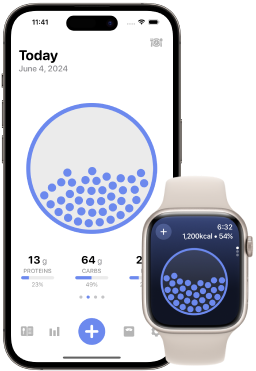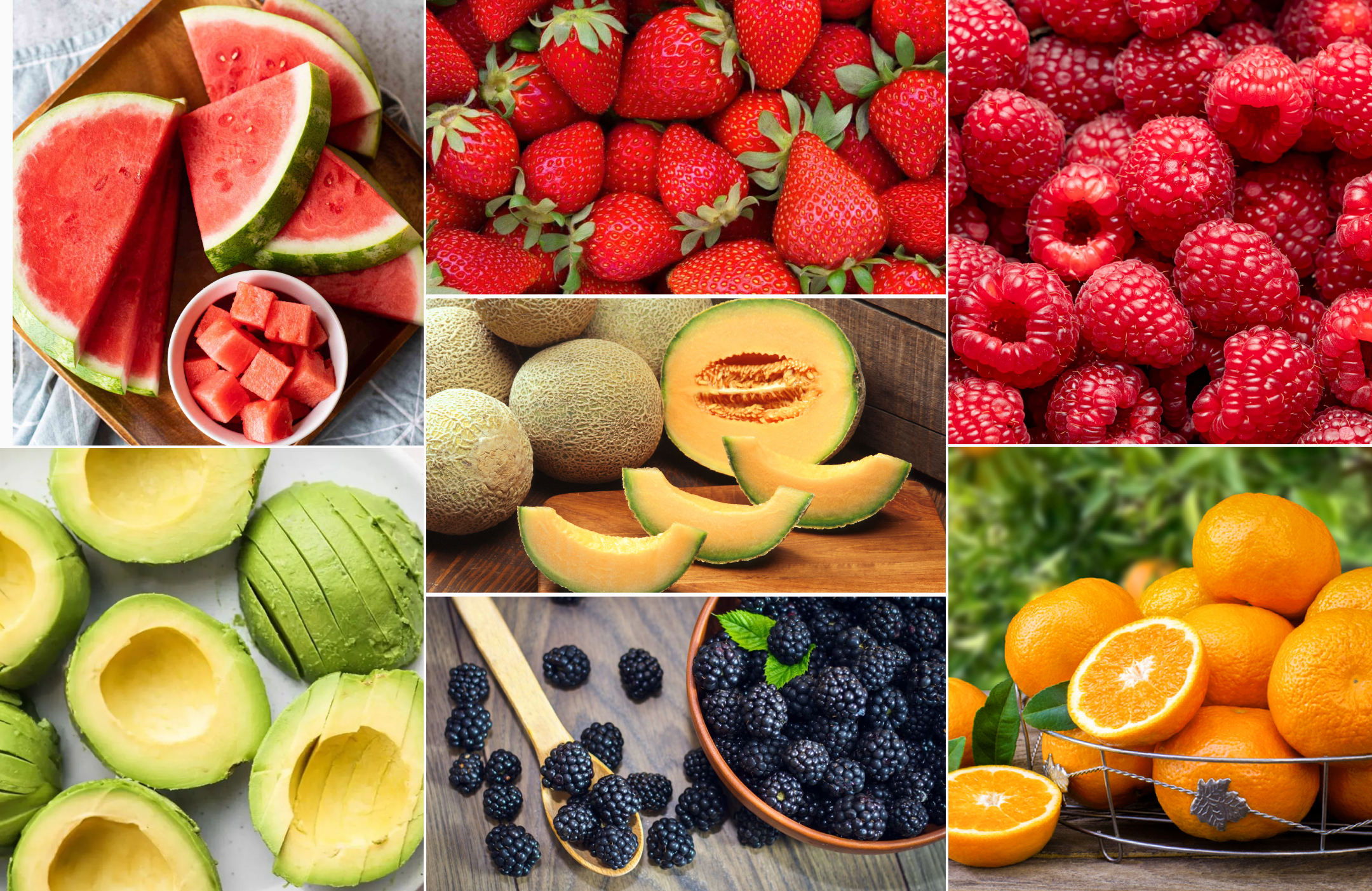
Which Fruit Is Lowest in Carbs?
While we all are looking for healthier alternatives every now and then, we mostly end up eating more calories than our body requires. Reason? Not prepped before, unaware of the calories in the meal, or just wanting to eat something as you crave it. Right?
Well, apart from the latter, the first 2 reasons can be acted upon. Fruits can be a great option as a substitute to your first, sugar cravings; second, salads; and lastly, a great source of nutrients.
However, if you’re following a low-carb diet, you might be wondering which fruits are the best choices. Many fruits contain natural sugars, which can quickly add up in carbohydrates.
Fortunately, some fruits are naturally low in carbs, making them a great option for those watching their intake.
In this blog, we will explore the top seven fruits with the least carbs, backed by research and nutrition data. These fruits will allow you to enjoy a bit of natural sweetness without going over your carb limit.
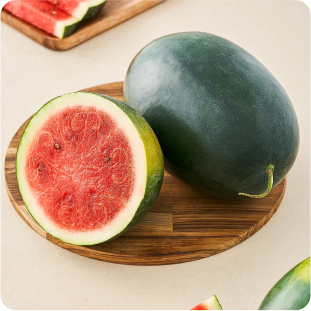
Watermelon
One of the best fruits of Mother Nature, which you can truly enjoy being guilt-free. Not only is it delicious in taste, but it is also composed of over 90% water, which means it is incredibly hydrating as well.
Although the fruit is naturally sweet and you might think it has more carbs than others, in fact, it has fewer carbs compared to others. In 100 g of watermelon, you will consume a total of 7.55 g of carbohydrates and gm of fiber (Department of USDA).
Why It’s a Good Low-Carb Choice:
It contains lycopene, a powerful antioxidant that has been linked to heart health and reduced inflammation (Harvard Health, 2022).
Avocado
A fruit which is full of fat, yet one of the best fruits for a healthy heart. Why? Filled with monounsaturated fats, avocados help reduce bad cholesterol and support heart health.
An excellent fruit that is high in fat and not sugar, avocados can become an excellent choice for a low-carb or keto diet person.
The total carb content in 100g of avocado is 8.4 g, with another 6.8 g of fiber
Carb Content: 100 grams of avocado contains 8.64 grams of total carbohydrates and 6.8 grams of fiber, resulting in 1.84 grams of net carbs (USDA, 2021).
Research suggests that eating avocados can promote satiety, helping with weight management and reducing hunger cravings (American Journal of Clinical Nutrition, 2013).
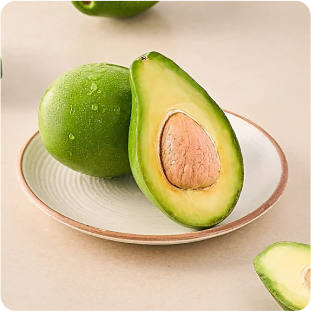
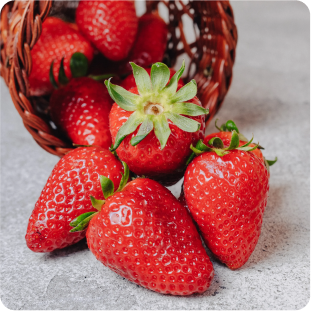
Strawberries
Looking for something that is sweet, sour, and can be used in multiple ways? Yes, it’s a strawberry, one of the most loved berries of all. Strawberries are a wonderful fruit to incorporate into a low-carb plan because they are sweet but don’t contain a lot of sugars. And they are full of important vitamins and antioxidants.
With a total carb content in 100 g of strawberries of 7.68 g and 2 g of fiber, this is 5.68 grams of net carbs
Now, why are they a good low-carb choice?
Rich in Vitamin C, strawberries Strawberries are high in vitamin C, which boosts immunity and improves skin condition.
They are rich in antioxidants like ellagic acid, and studies suggest that it could potentially treat inflammation and guard against disease (Journal of Agricultural and Food Chemistry, 2019).
Since they have such a low glycemic index, they won’t even cause your blood sugar to rise, hence making them an ideal choice for diabetic patients or anyone on a keto diet.
Strawberries may be consumed fresh, placed on top of Greek yogurt, or mixed into a low-carb smoothie.
Cantaloupe
Yet another refreshing melon that is low in carbs, best in taste and high in essential nutrients. The total carb content in 100 g of cantaloupe, also known as muskmelon, is 8.16 g and 0.9 g of fiber, making it a total of 7.26 g of net carbs (USDA, 2021).
Easily blendable in your fruit dish or a smoothie, or as it is, muskmelon is yet another nutritious fruit on the list, just like others.
High in beta-carotene, this fruit, when consumed in moderate amounts, can help convert into vitamin A, which means better skin and vision for you. Not only this, high water content, it is a great source of hydration packed with electrolytes like potassium.
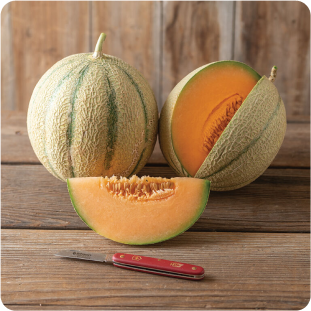
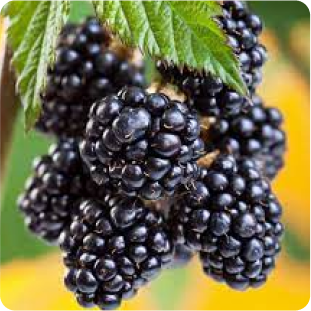
Blackberries
Best in flavour and versatile to make, blackberries are rich in antioxidants and high in fiber, making them an ideal choice for breakfast and snacks.
Low in carbs: 100 g of blackberries contain 9.61 g of total carbohydrates and 5.3 g of fiber. As per the data, blackberries are also rich in vitamins C & K, which support immune function and bone health USDA. They contain anthocyanins, powerful antioxidants that suppress inflammation and may behealthy for the heart (Journal of Nutrition, 2020). Their high fiber content supports good digestion and maintainsthe blood sugar in balance. Blackberries can be consumedraw, addedto a smoothie, or used as a topping on low-carb dessert.
Raspberries
Being an excellent choice for a low-carb diet, raspberries are again a versatile fruit that could blend into your smoothie. Ever tried it with melted dark chocolate? It can be the best delicious low-carb dessert at night. Loaded with all the nutrients, raspberries contain 11.94 g of carbohydrates in 100 g of weight. Contains 6.5 g of fiber, and the total net carb counts to 5.44 g. Ever tried this fruit in your cocktails? Like other low-carb berries, this can go into your yogurt and oatmeals, salads, and, obviously, smoothies. Our personal pick of all time.Other Nutritional Benefits (University of Rochester)
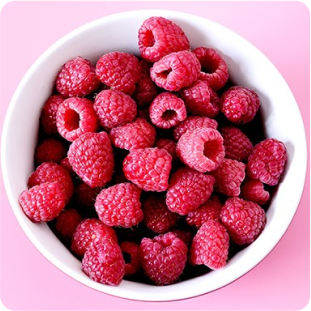
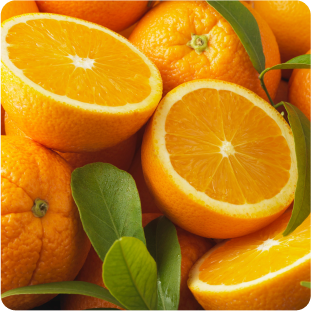
Oranges
Sweet, sour, and delicious oranges are yet another awesome pick if you are looking for a low-carb but also a filling snack for yourself. Containing 16.5g of carbs in one medium-sized navel orange, these small balls of nutrition are packed with vitamin C, which improves your immunity (USDA). As per Cleveland Clinic, when fruits rich in vitamin C are consumed during a viral cold, recovery can be faster (Cleveland clinic).
However, it is worth noting that eating oranges in itself provides more nutrition than squeezing out their juice, which may lead to a sugar spike.
